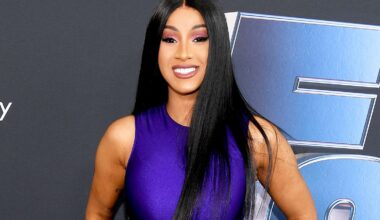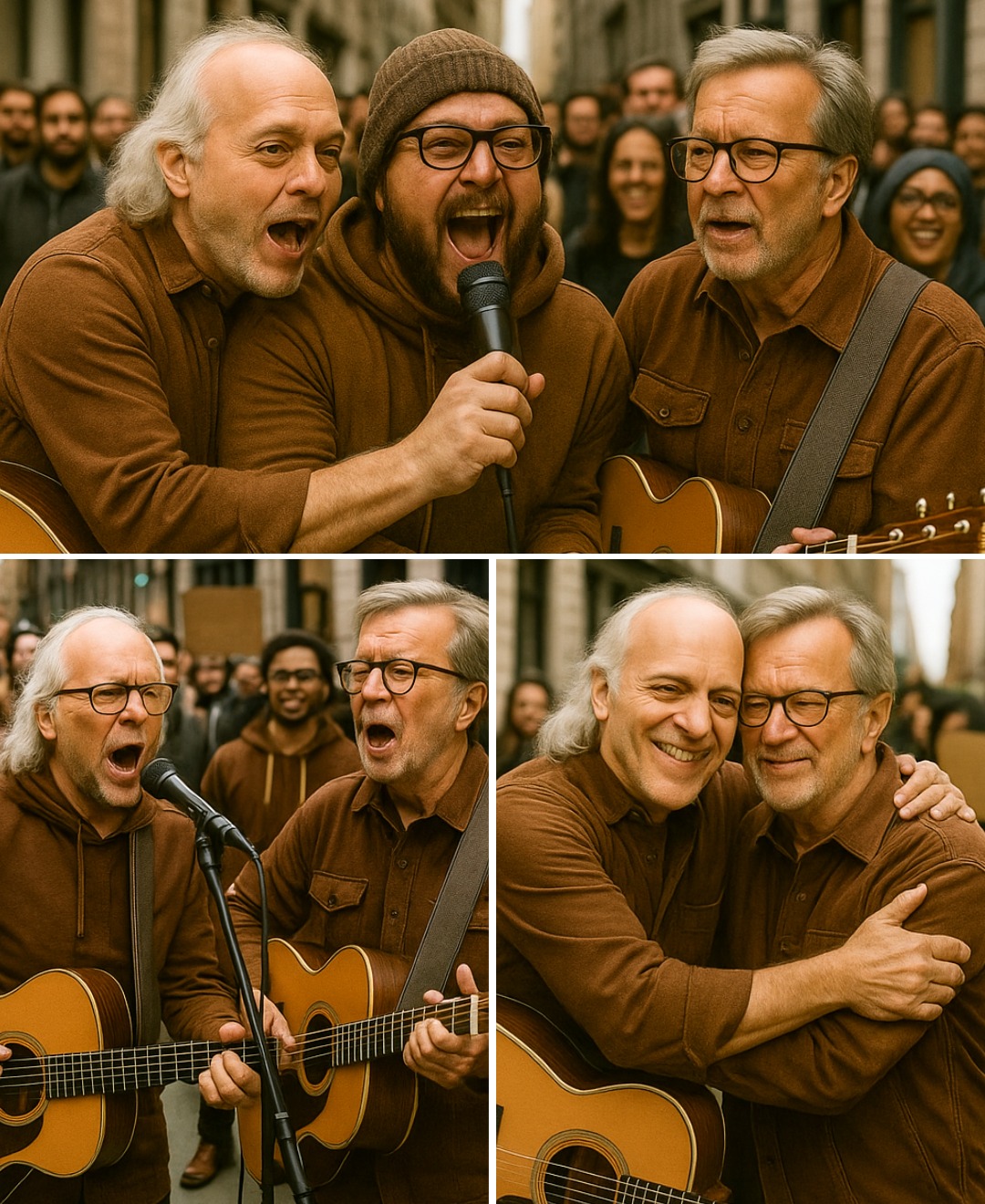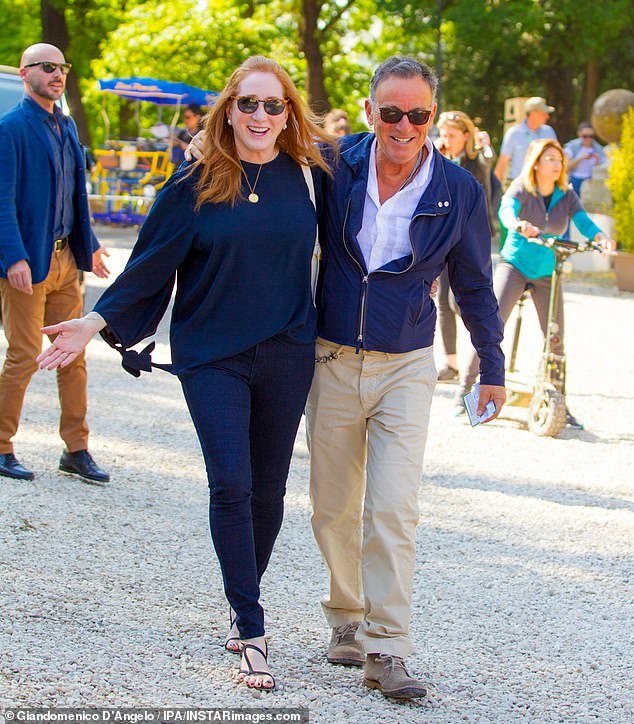In a revealing interview for the ITV documentary Adam Lambert: Out, Loud and Proud, Queen’s legendary guitarist Brian May shared his thoughts on how the iconic Freddie Mercury might have responded to today’s evolving landscape of LGBTQ+ labels. According to May, Mercury—who lived during a time when the word “queer” was often used as a slur meaning “odd” or “weird”—would have been uncomfortable with the term.
Reflecting on Freddie’s attitude, May recalled that Mercury might have quipped, “I’m not queer, I’m normal, darling.” This statement underscores Mercury’s preference to be recognized simply for his artistry, rather than defined by sexual or gender labels. For Freddie, identity was personal and complex, and he wanted his music and talent to be front and center.
Still, May acknowledged the depth within Freddie’s work, noting that his music contains layers reflecting his experiences and identity—elements that fans and scholars alike may not have fully unpacked. Freddie’s artistry, it seems, carried an unspoken narrative that continues to resonate.
The documentary also touched on the challenges Queen faced during an era of widespread homophobia, especially in the United States. May recounted how the band’s music videos, such as the famously cross-dressing “I Want to Break Free,” faced resistance—MTV, for instance, refused to air the video because American audiences misunderstood its message of freedom and self-expression.
While Freddie Mercury may not have embraced the modern framework of LGBTQ+ labels, his enduring legacy speaks volumes. His music and persona remain a powerful testament to individuality, artistic freedom, and breaking boundaries—qualities that continue to inspire the LGBTQ+ community and beyond.
In a world now more attuned to diverse identities, Freddie’s story reminds us that sometimes the most profound statements come not from labels, but from living authentically and unapologetically.





